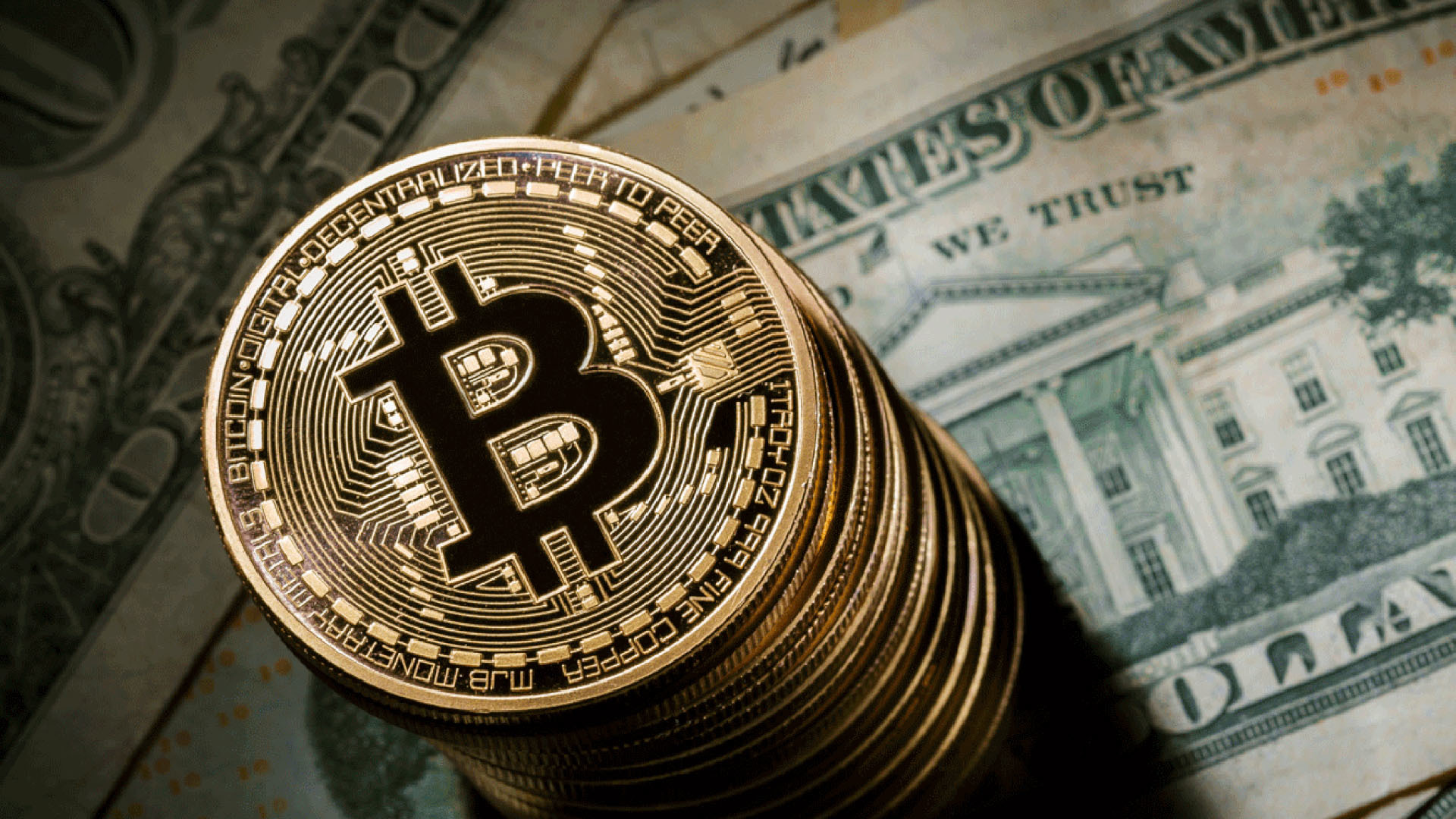The advent of خرید اتریوم has indisputably revolutionized the traditional financial system, setting the stage for a future where physical cash may become obsolete. Emerged from the complex labyrinth of cryptography, digital currencies have not only brought a new dimension to the currency world but also pushed the realms of secure, peer-to-peer transactions. This innovative financial technology emerged in response to the need for a more flexible, inclusive, and efficient monetary system in the digital era.
The most recognizable digital currency, Bitcoin, came into existence in 2009 by an anonymous developer or group of developers using the pseudonym Satoshi Nakamoto. Bitcoin established the foundation of a decentralized, trustless ecosystem free from government or central authority control. Applying blockchain technology, Bitcoin ensures each transaction is recorded and verified within a universally accessible, incorruptible public ledger. The rarity of Bitcoin, often compared to ‘digital gold’, and its open-source nature attracted enthusiasts and investors alike, propelling its value to unprecedented heights.

Following Bitcoin’s success, a surge of digital currencies, known as altcoins (alternative coins), have arisen. Some popular altcoins include Ethereum, XRP, and Litecoin. Ethereum, in particular, introduced smart contracts, which are self-executing contracts with the terms of the agreement directly written into lines of code. Such features pave the way for ‘Decentralized Finance’ (DeFi), enabling a vast range of financial activities to occur without the need for intermediaries.
In addition to decentralized currencies, several central banks worldwide have been investigating the potential for Central Bank Digital Currencies (CBDCs). These state-backed digital currencies could potentially bring benefits such as increased efficiency of monetary policy operations, better payment system resilience, and wider financial inclusion. However, the centralization aspect could also mean privacy concerns and lack of the very freedom that decentralized cryptocurrencies offer.
Despite the promising opportunities it presents, digital currency is not without its challenges. Regulatory uncertainties, scalability issues, and security threats pose significant obstacles. Moreover, the high energy consumption in mining activities, especially in Bitcoin, creates environmental concerns. Yet, as solutions are being researched and devised, the digital currency industry continues its relentless evolution and growth.
In conclusion, digital currency is far more than just a technological advancement; it’s a radical transformation of our financial infrastructure. As it continues to integrate into mainstream use, it’s essential to comprehend the concepts and implications of this revolution. Given the rapid pace of advancements, it’s only a matter of time before digital currencies become a norm in our daily transactions.
